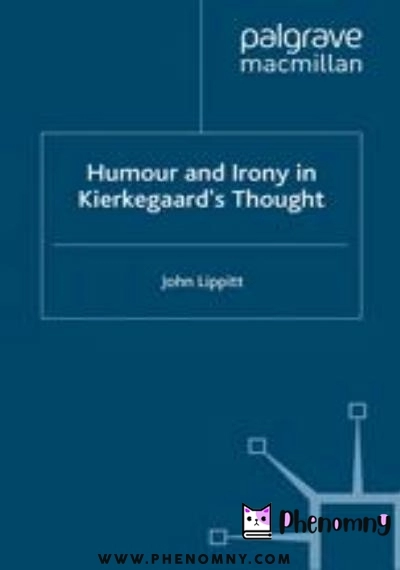ADVERTISMENT

Humour and Irony in Kierkegaard’s Thought: Climacus and the Comic
EN
Humour 4 years ago 5047
ADVERTISMENT
Description
Irony, humour and the comic play vital yet under-appreciated roles in Kierkegaard's thought. Focusing upon the Concluding Unscientific Postscript, this book investigates these roles, relating irony and humour as forms of the comic to central Kierkegaardian themes. How does the comic function as a form of 'indirect communication'? What roles can irony and humour play in the infamous Kierkegaardian 'leap'? Do certain forms of wisdom depend upon possessing a sense of humour? And is such a sense of humour thus a genuine virtue?
Open the next page to download PDF.
ADVERTISMENT
Note : This digital document is brought to you by Phenomny Books. It is intended for strictly personal use and cannot be sold under any circumstances.
Similar Free eBooks
Download Our App
Ask for books
It's 100% Free, just send us the name of book and we get it for you.
Copyrights
If Phenomny Books® has shared your copyrighted book or your personal information.Contact us to let us know. You will receive an answer within 3 working days.
A big thank you for your understanding!
ADVERTISMENT



























